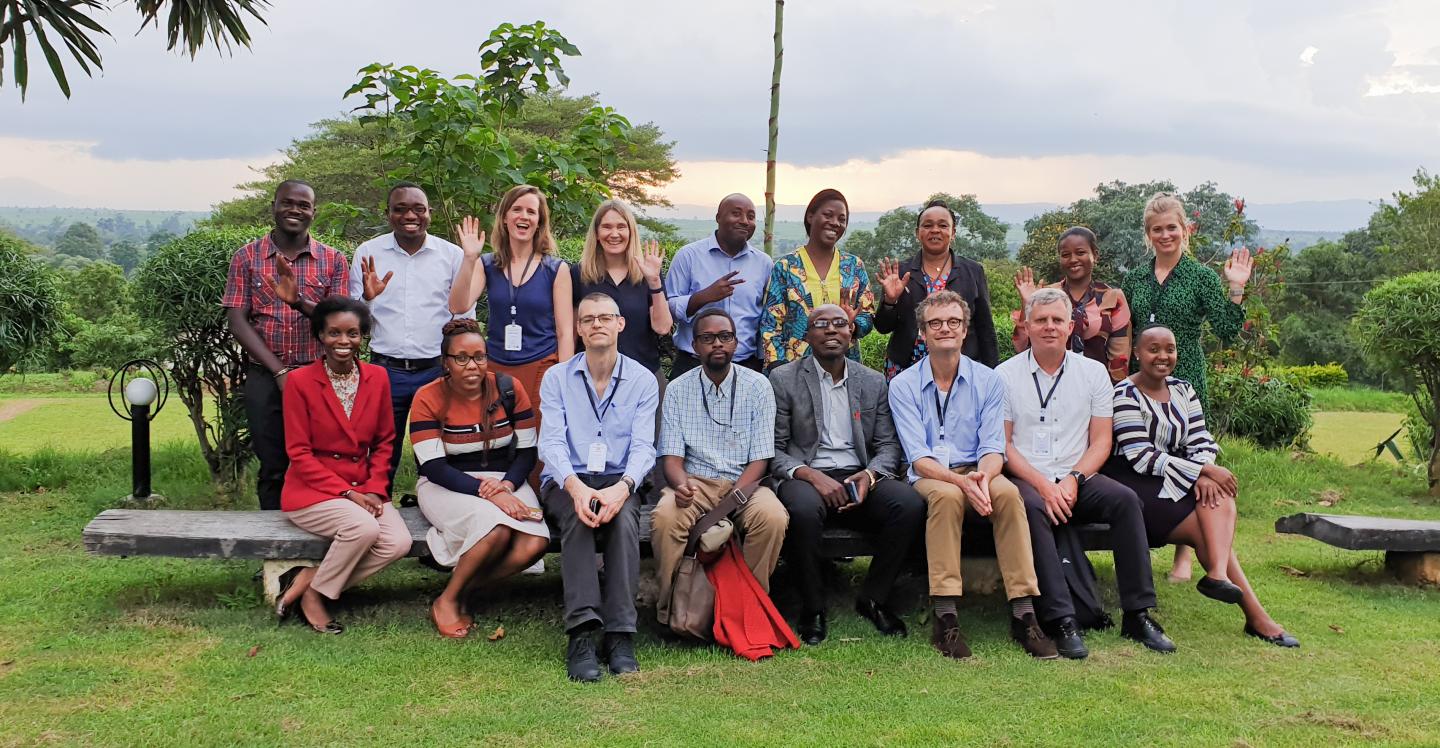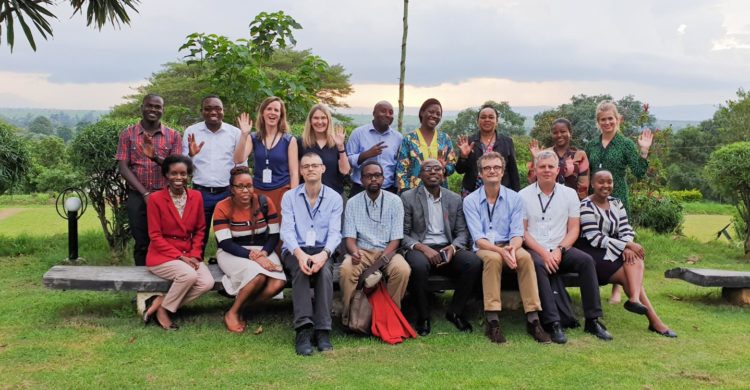
Credit: University of Otago
Otago researchers are playing a leadership role in an Euro €4.8 million international project to conduct the world’s first trial attempting to prevent tuberculosis in people with diabetes.
Every year, more than 11 million people worldwide develop tuberculosis (TB) and more than 1.4 million die from the disease. In recent years it has become clear that diabetes is an important factor driving the global tuberculosis epidemic.
University of Otago McAuley Professor of International Health, Professor Philip Hill, explains that diabetes not only increases the risk of tuberculosis, but also leads to more severe and recurrent disease and more deaths from tuberculosis.
“Globally, there are now an estimated 425 million people living with diabetes, but this number will strongly increase over the coming decades, especially in sub-Saharan Africa and other settings with a high burden of TB.
“As such, global TB control can only be successful if TB among people with diabetes is addressed well.”
Professor Hill is excited that scientists from the University’s Global Health Institute will be involved in the European & Developing Countries Clinical Trials Partnership, which is supported by the European Union. He is the lead epidemiologist and biostatistician Professor Katrina Sharples is the lead statistician on the project.
“We know we won’t eliminate TB unless we tackle the huge reservoir of people already infected who do not have disease symptoms. To do this we have to expand our approach to preventing those at increased risk from developing TB disease and people with diabetes are the obvious next target, but we don’t currently have enough information to guide policymakers.”
The consortium will be led by an experienced group of scientists and clinicians in the Netherlands, Uganda, Tanzania, UK and New Zealand.
Three thousand people with diabetes and latent tuberculosis infection in Uganda and Tanzania will either get 12 weekly doses of preventive treatment or placebo and followed over two years to see if this treatment can prevent the disease developing.
In parallel to the trial, 1000 people with diabetes but without evidence of latent tuberculosis infection, will be followed to confirm the risk of TB in this group is indeed too low to warrant preventive treatment.
“If we are successful, this intervention could see a significant reduction in the burden of TB worldwide,” Professor Hill explains.
###
Photo caption: Professor Philip Hill (front row, second from left) and Professor Katrina Sharples (back row. fourth from left) with other international leaders in the European & Developing Countries Clinical Trials Partnership in Mbeya, Tanzania, one of the study sites.
For further information, contact:
Professor Philip Hill
Co-director, Centre for International Health
McAuley Professor of International Health
Tel +64 3 479 9462
Mob +64 21 279 7214
Email [email protected]
Liane Topham-Kindley
Senior Communications Adviser
Tel +64 3 479 9065
Mob +64 21 279 9065
Email [email protected]
Media Contact
Liane Topham-Kindley
[email protected]
64-212-799-065
Original Source
https:/





